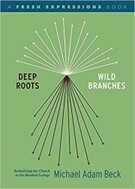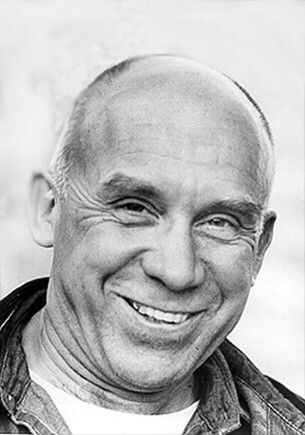"I Am At Peace When..."

Our theme in worship this past Sunday was “giving thanks.” Paul said, in his final words to the Thessalonians (I Thess 5:18), to “give thanks in all circumstances.” We said that this was the key to living in peace and being at peace with one another. Before worship we asked everyone – at each service – to complete the sentence “I am at peace when…” We then read some of the at the beginning and the end of that service’s sermon. Here is a collection of some the responses submitted from all three services. May something in the way others have been encouraged in their faith be an encouragement to you in yours.
I am at peace when:
- I’m in nature with animals.
- I am in this beautiful sanctuary.
- I am in church with my wife next to me.
- I am praying and listening to music.
- I pray.
- My family is healthy and happy.
- My family is together.
- I let God be in control and not try to handle things on my own.
- I quit focusing on issues and focus and ask God for his peace and change my focus when stressed.
- I am still and listen to God.
- I am at home with my family and watching my son learn and grow.
- God speaks and says “Be still and know that I am God.”
- I take the time to count my blessings.
- I seek the approval of God and not people.
- I sing “Jesus loves me.”
- I’m sitting beside calm water.
- Look at the Christmas tree and sing Christmas carols.
- I pray and meditate on God.
- I eat dark chocolate and do yoga.
- I am playing music with fellow Christians and praise God.
- I am at this service and feel close to God.
- I enter this church.
- My friends and family are well.
- I’m at home with my dog.
- I look up at the sky on a clear night and see all the stars.
- I’m outside in God’s creation.
- I’m in the woods.
- I’m at church.
- I’m with my grandchildren.
- I look back and realize that God has led me through a challenging time.



